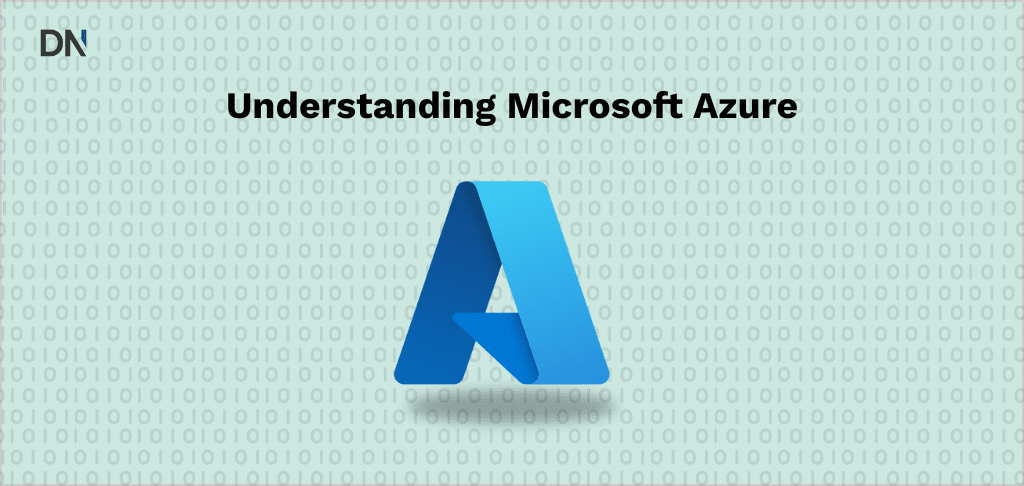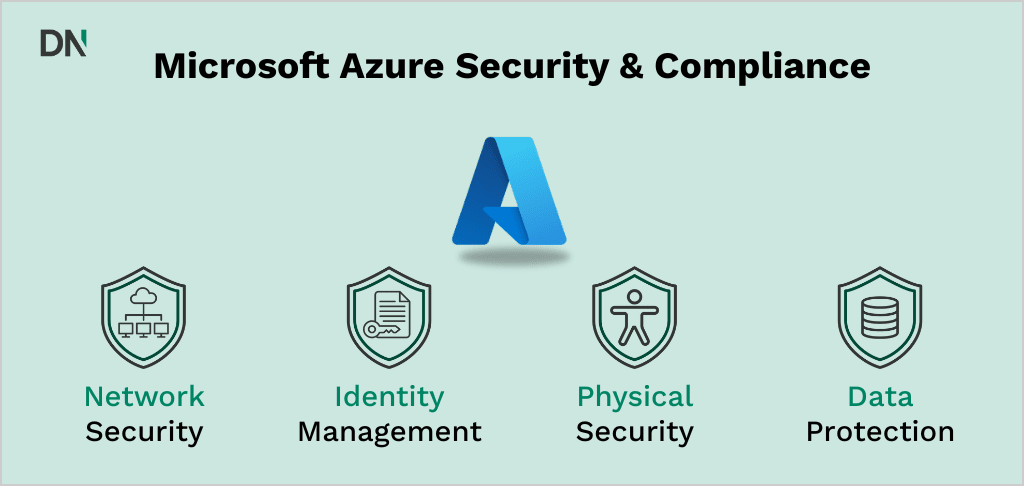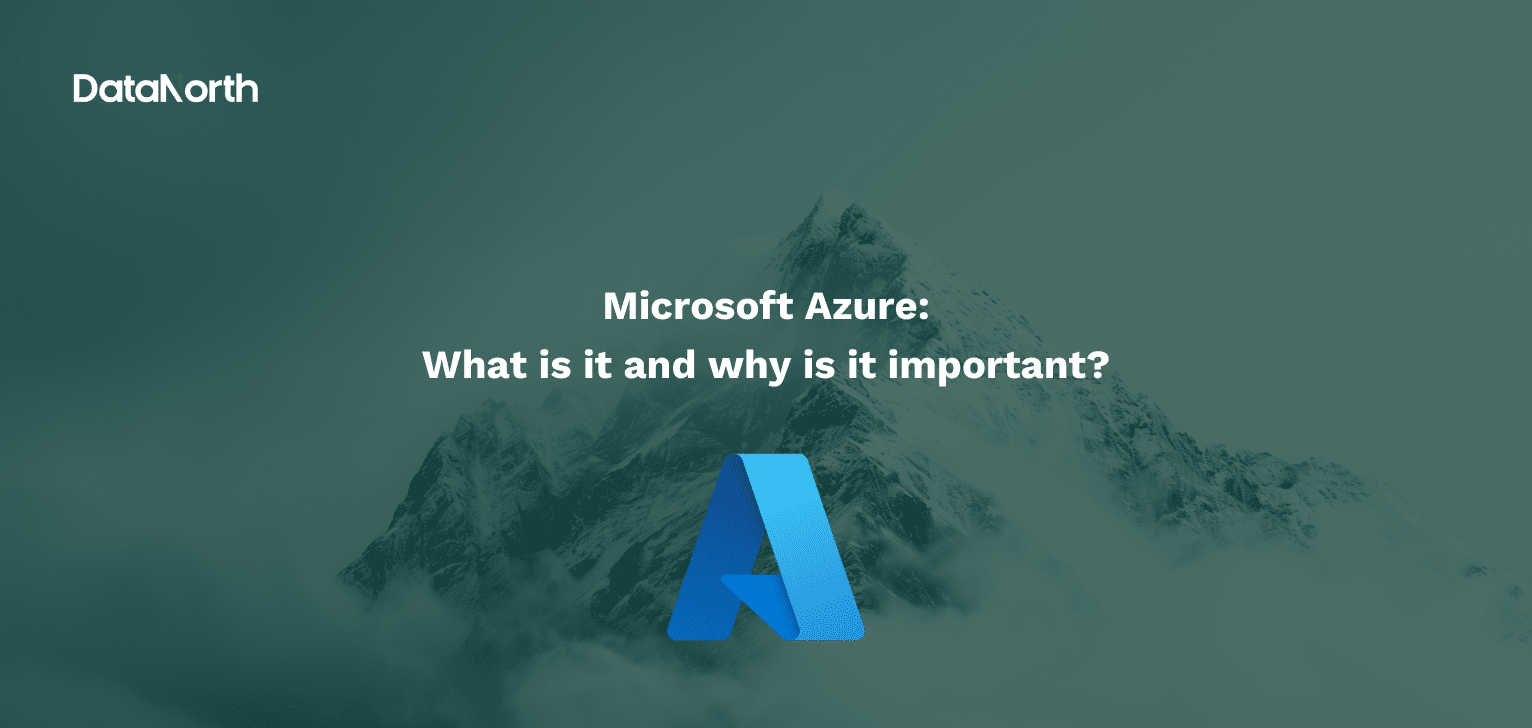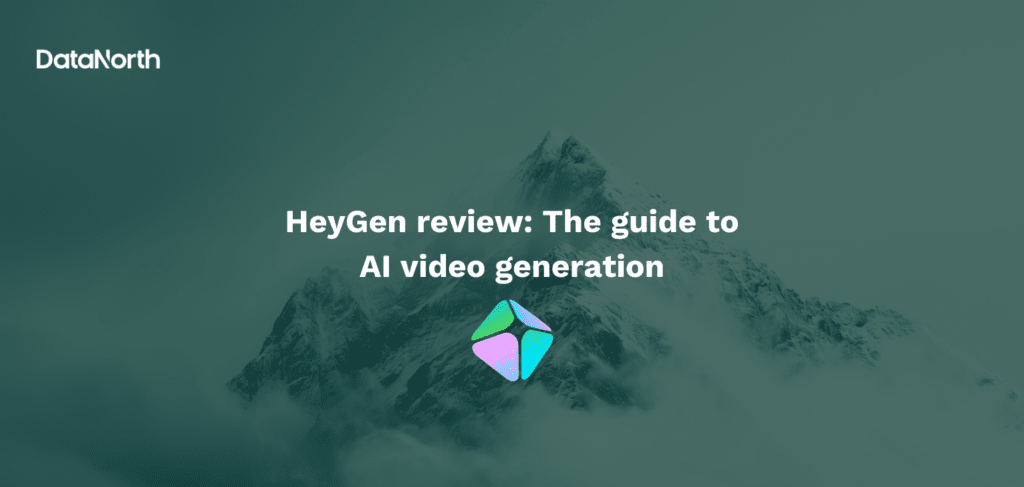Microsoft Azure is transforming how businesses approach technology infrastructure, offering a comprehensive cloud platform that enables organizations to build, deploy, and manage applications at scale. As enterprises worldwide accelerate their digital transformation initiatives, Azure has emerged as a critical enabler, powering everything from simple web applications to complex artificial intelligence systems.

Microsoft Azure is a cloud computing platform that delivers Infrastructure as a Service (IaaS), Platform as a Service (PaaS), and Software as a Service (SaaS) capabilities through a global network of data centers. Launched in 2010, Azure has evolved into one of the world’s leading cloud platforms, offering more than 600 services spanning compute, storage, networking, databases, analytics, machine learning, and artificial intelligence.
The platform operates on a fundamental principle of virtualization, where physical hardware is abstracted through hypervisors to create multiple virtual machines running simultaneously. This approach allows Azure to provide scalable, on-demand computing resources while optimizing hardware utilization across its global infrastructure. Azure’s architecture supports hybrid cloud deployments, enabling organizations to seamlessly integrate their on-premises infrastructure with cloud resources.
Microsoft Azure market position and adoption
Azure’s market presence demonstrates significant momentum in the competitive cloud landscape. The platform holds approximately 24% of the global cloud market share as of 2024, securing its position as the second-largest cloud provider after Amazon Web Services. This represents substantial growth from previous years, with Azure’s customer base expanding by 14.2% year-over-year.
Enterprise adoption statistics reveal Azure’s strong position in the business market. An impressive 85-95% of Fortune 500 companies now rely on Azure to power their mission-critical workloads. This widespread adoption reflects the platform’s ability to meet enterprise-grade requirements for security, compliance, and scalability.
The platform’s global infrastructure spans 60+ regions and operates over 300 physical data centers worldwide. This extensive footprint enables organizations to deploy applications closer to their users, reducing latency and improving performance while meeting data sovereignty requirements.
Core services and capabilities
Compute services
Azure’s compute offerings provide the foundation for running applications and workloads in the cloud. Virtual machines serve as the primary compute service, supporting both Windows and Linux operating systems with various performance tiers and specialized configurations. The platform also offers container services through Azure Kubernetes Service (AKS), enabling organizations to orchestrate containerized applications at scale.
Azure App Service provides a fully managed platform for building and deploying web applications, supporting multiple programming languages including ASP.NET, PHP, Node.js, Java, and Python. This PaaS offering eliminates infrastructure management overhead while providing automatic scaling and integrated development tools.
Storage and databases
The platform delivers comprehensive storage solutions including blob storage for unstructured data, file storage for shared file systems, and disk storage for virtual machines. Azure’s database services encompass both relational databases like Azure SQL Database and NoSQL options such as Cosmos DB, which provides global distribution and multi-model support.
Networking capabilities of Microsoft Azure
Azure’s networking services enable organizations to build secure, high-performance network architectures. Virtual networking allows the creation of isolated network environments, while ExpressRoute provides dedicated connections between on-premises infrastructure and Azure data centers. The platform also includes advanced security features like Azure Firewall and DDoS Protection to safeguard network infrastructure.
AI and machine learning leadership
Azure’s artificial intelligence capabilities represent a significant competitive advantage, particularly through the platform’s partnership with OpenAI. The Azure OpenAI Service provides access to advanced language models including GPT-4, GPT-3.5, and the latest GPT-5 series. This partnership has generated substantial business impact, with Azure’s AI business achieving a $13 billion annual run rate and growing 175% year-over-year.
The platform offers comprehensive machine learning services through Azure Machine Learning, which provides an end-to-end platform for building, training, and deploying ML models. Azure AI Services deliver pre-built cognitive capabilities including computer vision, natural language processing, and speech recognition, enabling developers to integrate AI functionality without extensive machine learning expertise.
Azure’s AI catalog now includes over 5,379 AI and machine learning-enabled services and marketplace solutions. The platform supports both proprietary models and open-source alternatives, providing flexibility for organizations with varying AI requirements and budget constraints.
Security and compliance
Security remains a cornerstone of Azure’s value proposition, with Microsoft investing over $1 billion annually in cybersecurity measures. The platform employs a multilayered security approach encompassing physical security, network security, identity management, and data protection.
Azure Government addresses the specific needs of U.S. government agencies and contractors, providing physically isolated data centers and enhanced security controls. The government cloud maintains authorizations including FedRAMP High, DoD IL2-5, and numerous other compliance certifications required for handling sensitive government data.
The platform’s compliance portfolio includes major international standards such as GDPR, HIPAA, SOC 2, ISO 27001, and PCI DSS. This comprehensive compliance coverage enables organizations across regulated industries to leverage cloud services while meeting their regulatory obligations.

DevOps and development integration
Azure DevOps provides integrated tools for software development lifecycle management, including source control, build automation, testing, and deployment. Azure Pipelines supports continuous integration and continuous deployment (CI/CD) across multiple programming languages and deployment targets, enabling teams to automate their software delivery processes.
The platform integrates seamlessly with popular development tools including Visual Studio, Visual Studio Code, and GitHub. Azure Kubernetes Service simplifies container orchestration, while Azure Container Registry provides secure storage and management for container images.
Hybrid cloud advantages
Azure’s hybrid cloud capabilities set it apart from many competitors, enabling organizations to maintain on-premises infrastructure while leveraging cloud services. Azure Arc extends Azure services to on-premises environments, multi-cloud deployments, and edge locations, providing consistent management and governance across hybrid environments.
The Azure Hybrid Benefit program allows organizations to use existing Windows Server and SQL Server licenses in Azure, potentially reducing cloud costs by up to 55%. This licensing flexibility makes Azure particularly attractive for organizations with significant Microsoft software investments.
Cost efficiency and pricing models
Azure operates on a pay-as-you-go pricing model. This approach eliminates large upfront capital expenditures and provides cost transparency through detailed usage analytics.
The platform offers various cost optimization features including:
- Reserved Instances for predictable workloads
- Spot instances for interruptible workloads
- Automatic scaling capabilities that adjust resources based on demand.
Organizations can achieve significant cost savings compared to traditional on-premises infrastructure, with some reporting cost reductions of up to 49%.
Industry-specific solutions
Azure addresses sector-specific requirements through tailored solutions for:
- Healthcare
- Financial services
- Government
- Manufacturing
- Retail industries.
These industry-specific offerings combine Azure’s core services with specialized compliance, security, and functionality requirements.
For healthcare organizations, Azure provides HIPAA-compliant services. Azure also provides specialized tools for medical imaging, genomics research, and patient data management.
Financial services benefit from dedicated compliance frameworks and specialized services for risk management and regulatory reporting.
Future outlook and innovation
Azure’s continued innovation trajectory focuses on emerging technologies including:
- Quantum computing
- Edge computing
- Advanced AI capabilities.
The platform’s investment in quantum computing through Azure Quantum provides access to quantum hardware and simulation tools. This positions organizations to explore quantum advantages as the technology matures.
Edge computing initiatives through Azure IoT Edge and Azure Stack Edge bring cloud capabilities closer to data sources, enabling real-time processing and reduced latency for critical applications. These edge solutions prove particularly valuable for manufacturing, retail, and transportation industries requiring immediate data processing and response.
The integration of advanced AI capabilities into core Azure services enables organizations to incorporate intelligent features into their applications without specialized AI expertise.
Strategic importance for organizations
Azure’s importance extends beyond technical capabilities to strategic business enablement. The platform’s global reach, comprehensive service portfolio, and security make it a solid foundation for digital transformation initiatives.
Organizations leverage Azure to modernize legacy applications, build cloud-native solutions, and enable new business models through advanced technologies like AI and IoT. The platform’s hybrid capabilities support gradual cloud adoption, allowing organizations to maintain existing investments while gaining cloud benefits.
For technical professionals and organizations evaluating cloud platforms, Azure represents a mature, comprehensive solution that balances innovation with enterprise requirements. Its strong integration with Microsoft’s broader technology ecosystem, combined with competitive pricing and extensive global infrastructure, positions Azure as a strategic platform for long-term technology investments.
The platform’s continued growth, enterprise adoption, and ongoing innovation in areas like artificial intelligence, hybrid cloud, and edge computing demonstrate its critical role in the evolving technology landscape. Organizations choosing Azure gain access to cutting-edge capabilities while benefiting from Microsoft’s extensive partner ecosystem and enterprise support infrastructure.





